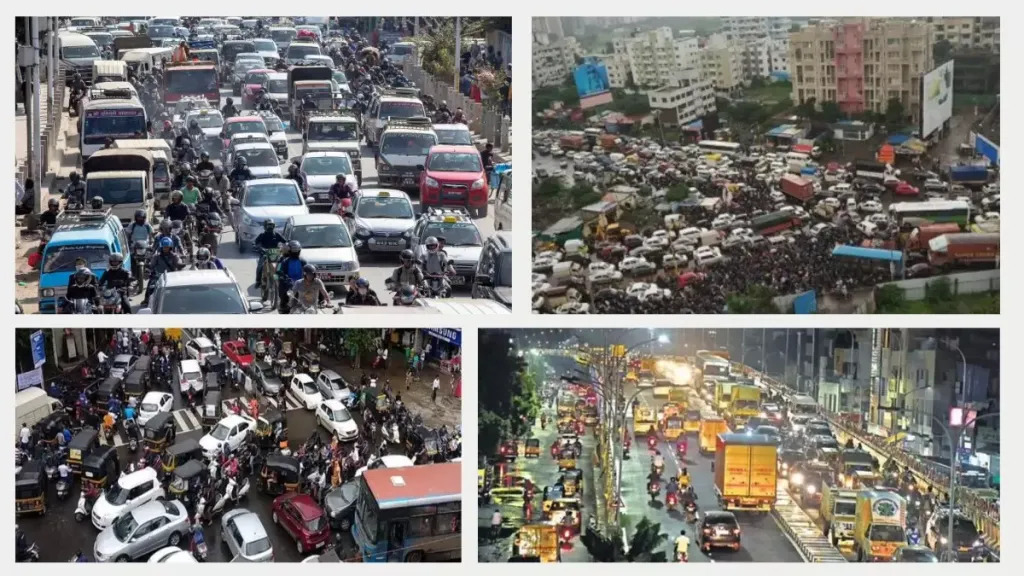
If I were to be the Pune Traffic Police Commissioner, I’d make three areas of enforcement my priority;
- wrong parking;
- signal indiscipline (running the red, parking on the zebra crossing, switching lanes from across the road, crowding the opposite lane, etc.); and
- wrong side entry/driving.
I can guarantee you that if tackled effectively, 30% of Pune’s traffic problems would be resolved.
What about the balance 70%? I believe they consist of inefficient & uncomfortable public transport, bad & erratic road conditions (including footpaths, gutters, manholes etc.), lack of good & consistent signage (on road, like crossings etc., and off-road, like speed limit and parking signs as well as directions & road names), the inadequacy of (and corruption in) the driver’s licence & roadworthiness certification processes, and the severe shortage of personnel in traffic & motor vehicle law enforcement as well as the large gaps in their training & continued learning.
Unfortunately, other than the last two in that ‘balance 70%’ list, the Traffic Commissioner of Pune can hardly do anything about things not in their jurisdiction. And even those two (processes and people) are the more granular, the more refined, the more fine-tuning than overhauling things that need to be fixed at the end, once everything else is taken care of. The major chunk of the problems remains the above listed three: parking, signals, and wrong entry.
Solve these, and you’ll see a palpable change on Pune’s roads. People and materials will move faster, folks will get to places on time, pedestrians and drivers both will be safer, precious foreign exchange will be saved with the reduction in the use of petrol & diesel, pollution will drop significantly, businesses and shops will be happier, fewer accidents and even fewer frayed nerves and tempers will be seen both, on roads, and in offices and homes, leading to a calmer, more peaceful city, and this not counting the various beneficial fallouts like fewer cardiopulmonary cases, fewer mental health issues, and fewer trauma patients in the city’s already clogged hospitals and clinics.
What’s more, enforcing these will not cost the traffic police a dime more than what their budgets already account for, apart from bringing in extra revenue (at least in the initial days when people still haven’t learnt that the police have a zero-tolerance policy), making the police look good, and by the by, boosting the efficiency & speed of delivery of public services & other civic facilities (because more disciplined the private vehicles, the faster buses, ambulances, fire brigades, and police cars will move).
Lastly, all of this will have an immediate effect. Meaning that if the police start a massive PR drive on Day 0 and follow it up with merciless execution from Day 15, by Day 30, every single one of these benefits will be clearly apparent.
So, why doesn’t the Commissioner do this? I am not, by a long shot, the smartest chap in the room. If this simple and objectively sound solution can occur to an idiot ignoramus like me, why haven’t the UPSC-pass IPS rockstars thought of it? I can understand that there’s an element of politicisation and some amount of corruption involved, and parts of this would involve taking on powers that be. But really, is it all this difficult? Surely, much more money can be made in fines and other ‘collections’ by implementing a zero-tolerance policy than whatever it is the police are doing now, right?
Or am I missing something?
P.S.: Of course, traffic seems to be a part of a set of problems called ‘Wicked Problems’, those highly complex problems that seem unsolvable to the full degree. But that must not stop us from endeavouring to make it better, especially with actions that are absolutely the low-hanging fruit, as this post suggests.
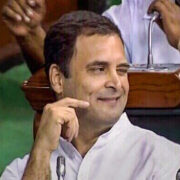



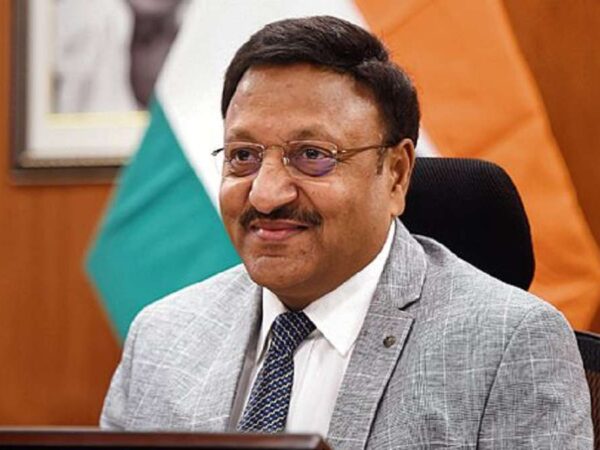
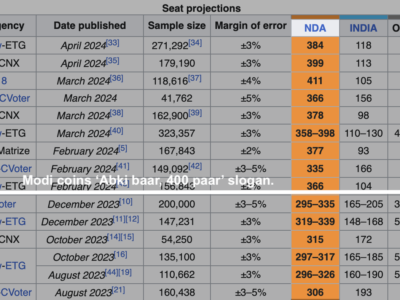

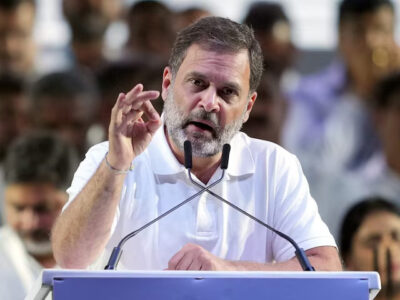






![Mr Baba: 'Would you like to take off the backpack now that you've been downstairs for like 30 minutes?'
Ms Kym-Kym: 'I like it like this. You should try it. It's very comfortable.'
Mr Baba: [Pulling on his backpack] 'Hmmm, you're right. That's rather snug.'
Ms Kym-Kym: 'Twinning! Yay!'
#LuckiestManAlive #BearFamily](https://scontent-lax3-1.cdninstagram.com/v/t51.29350-15/416920031_3373151642830342_6696851954454537274_n.webp?stp=dst-jpg&_nc_cat=105&ccb=1-7&_nc_sid=18de74&_nc_ohc=ZMLmjPdSAEUAX8nnJex&_nc_ht=scontent-lax3-1.cdninstagram.com&edm=ANo9K5cEAAAA&oh=00_AfB0olvUVmnenPKd2wCllMDehg5gzDgAbc4BDsGLqIm6pA&oe=65BA4561)

![Kym: 'Mr Baba, can I tell you something wierd? You can actually get tired from doing nothing!!'
Me: 'It is called boredom.'
Kym: 'Noooo. I mean, like physically tired.'
Me: 'One can get tired and sleepy due to boredom. I remember reading about it somewhere. Let's find out.'
[Some Googling later]
Me: 'It says here that "A new paper published in the journal Nature Communications finds that a part of the brain that is associated with motivation and pleasure - the nucleus accumbens - also can produce sleep. The new findings may explain why we have the tendency to fall asleep in the absence of motivating stimuli, i.e., when bored." Isnt it interesting?'
Kym: 'I already knew that. Why do you need to research things we already know?'
Me: [Finding a subject worth talking about now]: ' Ah well, that's what we'll talk of tomorrow on your morning run. It's very interesting the way science is done and our understanding of the universe is expanded.'
Kym: 'Can we talk of unicorns instead?'
Me: 'Sure. How do you know they exist? That's an interesting question too that you can use the scientific method to answer.'
Kym: 'Do they have to exist for us to talk about them? We can just pretend they do for an hour and have fun.'
Me: [Laughing] 'Yes, sure. We can do that too.'
#BabaBabyConversations #BearFamily #KymAndI](https://scontent-lax3-1.cdninstagram.com/v/t51.29350-15/416410840_383105434396466_2267910263456009774_n.webp?stp=dst-jpg&_nc_cat=104&ccb=1-7&_nc_sid=18de74&_nc_ohc=LIozs445JFcAX_48wGC&_nc_ht=scontent-lax3-1.cdninstagram.com&edm=ANo9K5cEAAAA&oh=00_AfDQ2qbb0yO_wUmLj_L0ZxF61eDdwlIN-vyrd8GZe_pBMQ&oe=65BAFA57)










